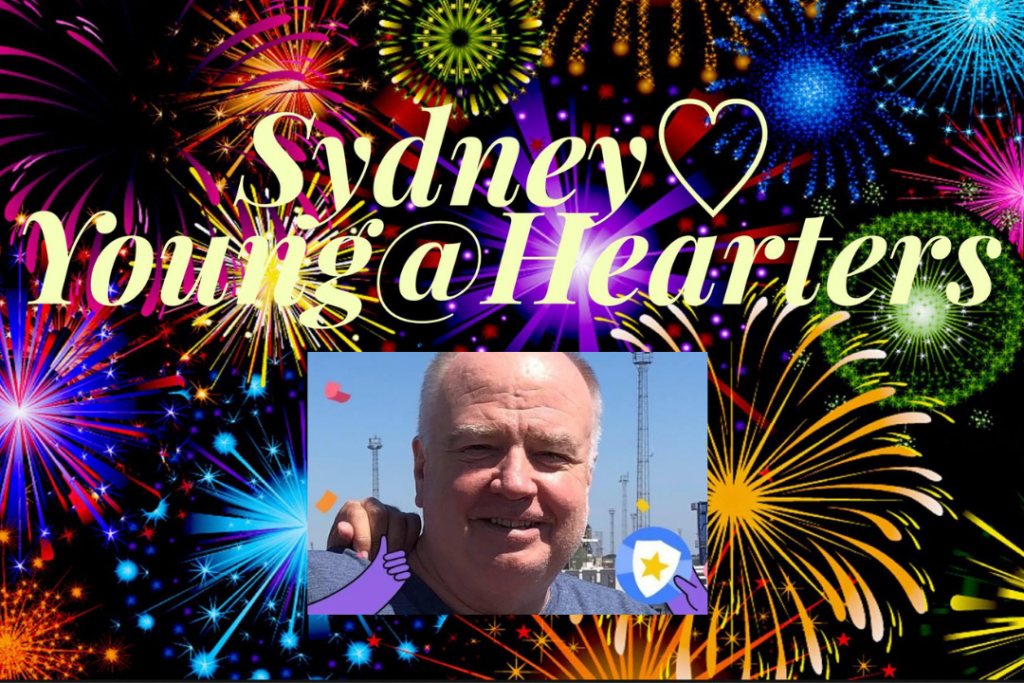This week’s Stitch member guest article has been written by Stitch member Mel Higham. Mel is an editor, researcher and writer with a focus on health and well-being.
Mel is also a recovered addict. While training for her career she began to experience stress which caused her to turn to alcohol as a way of coping. When she took a career sabbatical, she entered therapy and began her journey into recovery. She is now 5 years sober and enjoying life much more than she used to. Mel understandably has many insights into how recovery from addiction can affect interpersonal relationships.
Mel shares some interesting recent writing about this area as well as some thoughts on how to deal with what can be a difficult situation for many people. We’re very proud that Mel wanted to share her thoughts and experiences with the rest of the Stitch community. Please let her know what you think in the comments!
There are all kinds of disclosure-dilemmas one has on meeting new people. Nobody is without a past, and most people want to be honest and liked for who they are. Honest background-disclosure is a great way for people to connect and get a feel for who the other is — but there will inevitably be some aspect of everyone’s past which they fear will give others the wrong impression.
This is one of the major issues faced by former addicts. Should they tell someone new about their past issues? Will it make them think worse of them? Will not doing so be tantamount to lying? It’s a tricky situation — but the essential thing is to never feel forced by shame or remorse into disclosing something. Always be in control of your self-disclosure. If you are not in control, then you are (once again) essentially being ruled by the addiction.
Perhaps the most important aspects of recovery self-disclosure are your motivations for doing so, and the spirit in which the person you’re telling receives it. Self-disclosure should never come out of shame. nor should you blurt it out simply to be ‘ruthlessly honest’ when the information may not even be relevant. There is more to you than your addiction issues, and you should not feel like they are the be-all-an-end-all of your relationships with yourself and others. So long as you’re not actively deceiving someone (which is also often motivated by shame) then you do not have to tell anyone about your issues if they are not immediately relevant. If you do decide to tell someone about your past, you need to make sure that you trust and feel safe with that person, before going on to examine your own motives.
Self-disclosure has a lot of admirable honesty to it, but there needs to be more than honesty for it to go smoothly. You need to feel a certain sense of ownership of your past – taking responsibility for past failings without being ruled by shame. You need to be calm and confident in your disclosure, clear about who you are, where you have been, and where you are going. Above all, you need to disclose for your own sake, not for the sake of society or anyone else.
For more on this, read this article.





Mel, Thank you for such a well thought out piece. I wanted to add some emphasis to your statement “Perhaps the most important aspects of recovery self-disclosure are your motivations for doing so, and the spirit in which the person you’re telling receives it.” Disclosure of this type of information is a serious step in a relationship and should be well considered. One should take some time to deeply explore your motivations and not just in your own mind. After thinking things through, it is advisable to discuss your thinking and conclusions with a trusted friend or sponsor if you are in a 12 step type program. The outcome of such disclosure is never certain so consider it wisely. And be prepared to accept the results, whatever they may be.
I don’t necessarily agree with your response. I left a person with addiction issues after living with them for many years, so I’m not in any hurry to get involved with someone in recovery or who has been sober for a number of years. I want full disclosure right up front so that I can gracefully bow out. Same goes for someone with an incurable STD like HIV/Aids, HSV 1/2 or HPV. Don’t waste three months of my precious senior years waiting for me to “fall for you” and then tell me something like this. It’s deceitful. Your addictions or STDs could impact my future mental and physical health. Until you’ve lived with someone with addiction issues or have dated someone for a few months before they “drop the bomb,” please don’t judge me.
Susan,
Thanks for your comment. Its good to get a discussion going. Please allow me to clarify what I said to Mel, and also to agree with your comment. My comments to Mel were directed at his internal processes and motivations. If I seemed to put a timeline on it or suggested it be put off, it was not my intent. I recently met a wonderful person who is now a good friend. We met a couple of times briefly for conversation and then, over dinner one night (our third meeting) I shared that I was a recovering alcoholic, 19 years sobriety. I can’t know how someone will react to my disclosure and its none of my business. Their reactions and feelings are theirs to experience and they have every right to them.
Good two way communication is essential in a healthy relationship. I respectfully suggest it is the responsibility of both to bring things up. If something is a hot button or deal breaker for either, better to be up front with it. Neither person is a mind reader. Whether it is past or present addictions, health concerns, criminal background or tattoos, the timing of the decision of when to disclose is surely going to be different between any two people. One isn’t necessarily hiding something from the other, just different perceptions of when is appropriate. I agree with you, Susan, waiting three months to disclose is probably inappropriate. Waiting three months to inquire about something so important is probably inappropriate, too.
I can sympathize with your desire to avoid certain types of people. I have friends of all genders who have suffered mentally and physically while in toxic relationships and do not ever want to get anywhere close to someone with similar problems. These are choices everyone must make for themselves.
Thank you for contributing to the discussion!
Great blog Mel! I was a drug addict and I was in a rehab center Addiction Canada for almost 3 months. After which I got into relationship with a girl whom I don’t want to lose in my entire life. She is an angel. I do have urges to drink but I can control them when I think of her. I didn’t tell her about my past. I’m scared I will lose her.What if she leaves me? I don’t think I can take that. I might go into depression. But if she comes to know of this from somewhere else then she’ll never be able to trust me again. I do not know what to do. I live in fear.
thankyou..that is so so true ..what you said about blurting things out “just to be brutally honest.” I think that as long as your truly recovered by knowing confidently that your moving onward and upward its okay to keep this to yourself. I worry about my girlfriend of 3 months who I care for very deeply and want to continue dating and I hope she wont think that I was a lair. I just wanted her to know me for me and the person that im proud I became. Not that person who was out of control and ruled by depression and addiction. Its a tough one though I tell ya because she is so great. I quit smoking for her because shes into a healthy lifestyle,which is the place im at now too, and wants me to be my best self. I just worry about that akward moment..when we go to a social function and I say no thanks to 1 beer or something.